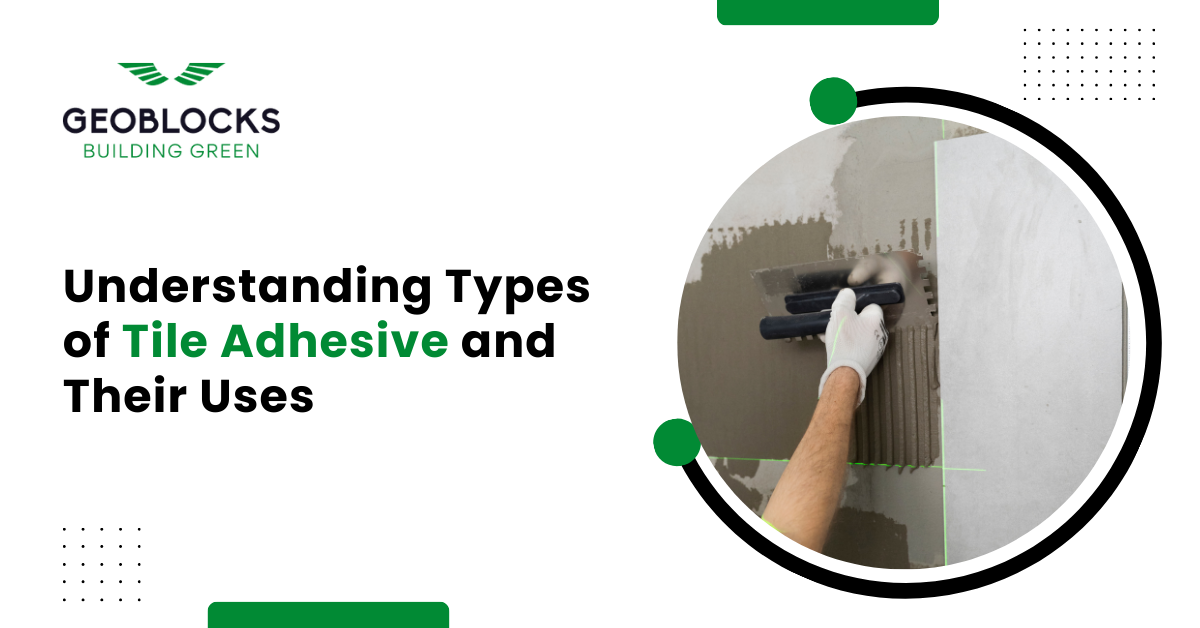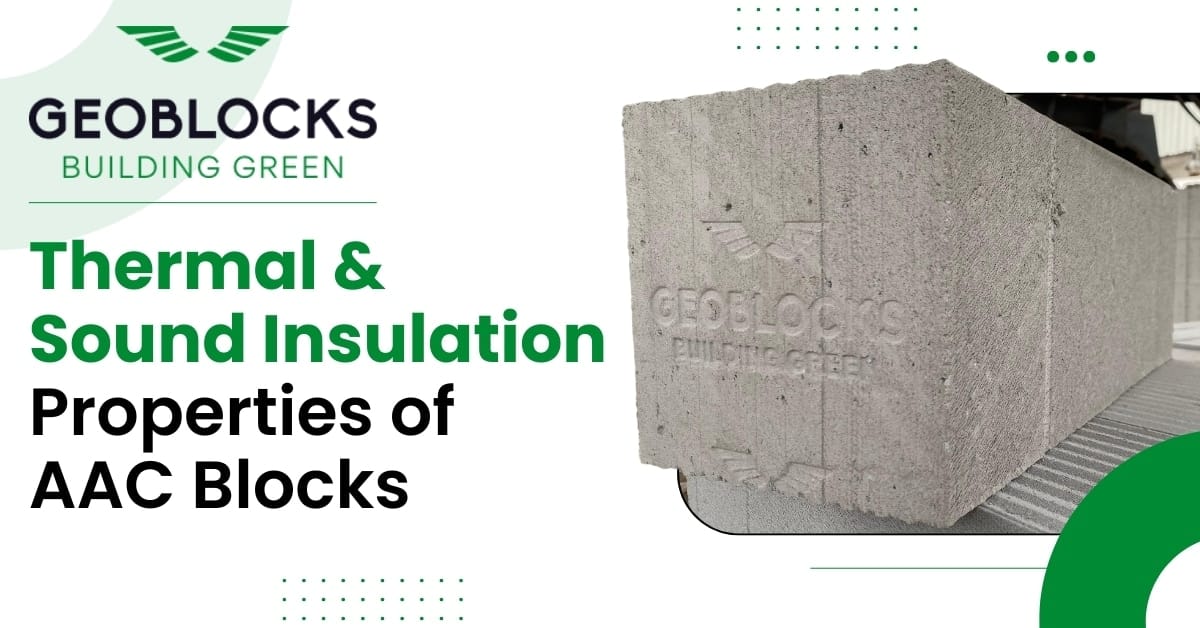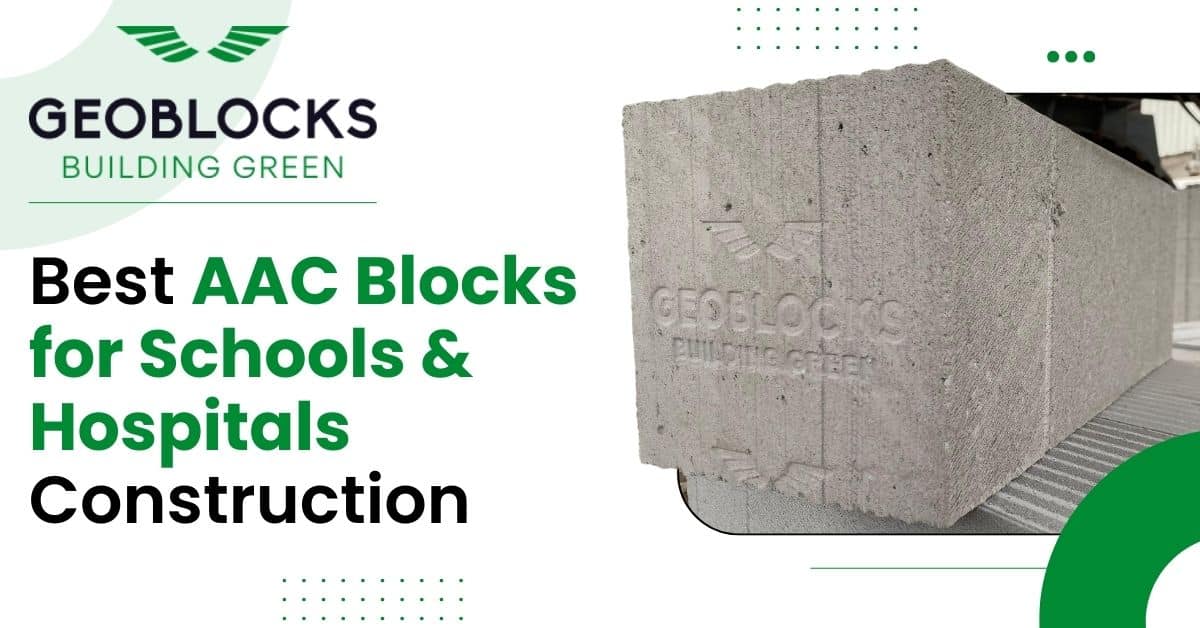In today’s world of smart construction and sustainable living, insulation plays a crucial role in…

Tile Adhesive plays a Crucial Role in ensuring the Durability and Longevity of Tiled Surfaces in Construction Projects. Choosing the Right Type of Adhesive is Essential to achieving a Strong Bond between Tiles and the Substrate, whether it’s a Wall, Floor, or Other Surfaces. In this article, we will Delve into the Various Types of Tile Adhesive Available and their Specific Uses.
What is Tile Adhesive?
Tile Adhesive, also known as Tile Mortar or Tile Glue, is a specially Formulated Paste that is used to Fix Tiles onto Surfaces. It replaces Traditional Cement Mortar and offers Several Advantages such as Better Adhesion, Reduced Curing Time, and Improved Water Resistance. Tile Adhesive is available in Different Formulations to cater to Various Tile Materials and Installation Conditions.
Types of Tile Adhesive
Cement-Based Tile Adhesive
Cement-based Adhesives are Versatile and widely Used for Ceramic and Porcelain Tiles. They consist of Cement, Sand, and sometimes a Polymer Additive for Enhanced Flexibility and Water Resistance. Ideal for Interior Applications, Cement-based Adhesives are known for their Strong Adhesion and Affordability.
Tile and Stone Adhesive
Specifically Formulated for Natural Stone Tiles like Marble, Granite, or Slate, Tile and Stone Adhesives provide a Secure Bond without Staining or Damaging Delicate Surfaces. These Adhesives are designed to Support Heavier Tiles and are Suitable for both Interior and Exterior Installations.
Epoxy Mortar
Epoxy-based Adhesives offer Exceptional Durability and Resistance to Moisture, making them suitable for demanding Environments such as Swimming Pools, Bathrooms, and Commercial Kitchens. Epoxy Mortars provide a Strong Chemical Bond and are capable of withstanding Extreme Temperature Variations.
Uses of Tile Adhesive
Tile Adhesive serves Multiple Crucial Functions in Construction and Renovation Projects. Here are Five Common Uses:
Bathroom and Kitchen Tiling: Ensures strong adhesion of tiles to walls and floors, ideal for areas prone to moisture and frequent cleaning.
Exterior Facades: Provides weather-resistant bonding for exterior walls, protecting against environmental elements and maintaining structural integrity.
Heavy or Large Tiles: Supports the weight and size of heavy tiles, preventing sagging and ensuring long-term stability.
Swimming Pools and Wet Areas: Ideal for areas exposed to water, such as swimming pool edges and shower walls, due to their waterproof properties and moisture resistance.
Commercial and Industrial Settings: Used in heavy-duty applications in commercial kitchens, industrial facilities, and public spaces where durability and reliability are paramount.
Choosing the Appropriate Type of Tile Adhesive Based on the Specific Requirements of each Application ensures Optimal Performance and Longevity of Tiled Surfaces.
Frequently Asked Questions
What is the Difference Between Tile Adhesive and Traditional Cement Mortar?
Tile Adhesive offers Advantages such as Better Adhesion, reduced Curing Time, and improved Water Resistance compared to Traditional Cement Mortar. It’s specifically Formulated to provide a Strong Bond between Tiles and Surfaces.
How do I choose the Right Type of Tile Adhesive for my Project?
Consider Factors like the Type of Tiles (Ceramic, Porcelain, Natural Stone), Installation Environment (Interior, Exterior, Wet Areas), and Specific Requirements (such as Heavy-duty or High-moisture Applications). Consult with Professionals from Geoblocks to Select the Most Suitable Adhesive.
Can Tile Adhesive be used for DIY Projects?
Yes, Tile Adhesive is suitable for DIY Projects if proper Application Techniques are Followed. Ensure to Read and Follow Manufacturer Instructions for Optimal Results and Durability.
What is the Curing Time for Tile Adhesive?
Curing Times vary by Type and Environmental Conditions. Typically, Allow 24 to 48 Hours for Tile Adhesive to Fully Set before Grouting and Subjecting the Tiled Surface to Heavy Use.
Are there Specific Maintenance Tips for Tiled Surfaces Bonded with Tile Adhesive?
Regular Cleaning and avoiding Harsh Chemicals can Prolong the Life of Tiled Surfaces. Ensure Grout Lines are properly Sealed to prevent Water Penetration and maintain Adhesion Integrity.
Conclusion
Tile Adhesive is Crucial for Durable, Long-lasting Tiled Surfaces. Choosing the Right Type of Tile Adhesive like Cement-based, Tile and Stone Adhesive, or Epoxy Mortar is key to Optimal Performance. At Geoblocks, we ensure Your Projects Achieve Lasting Quality. Contact Geoblocks Today to Discuss Your Tile Adhesive Needs and Ensure Your Projects Stand the Test of Time.




